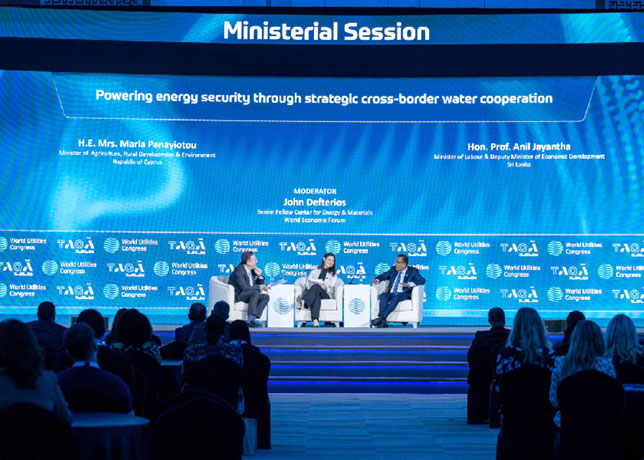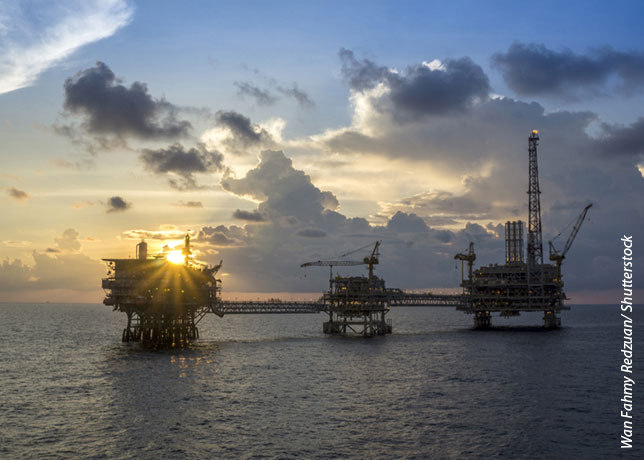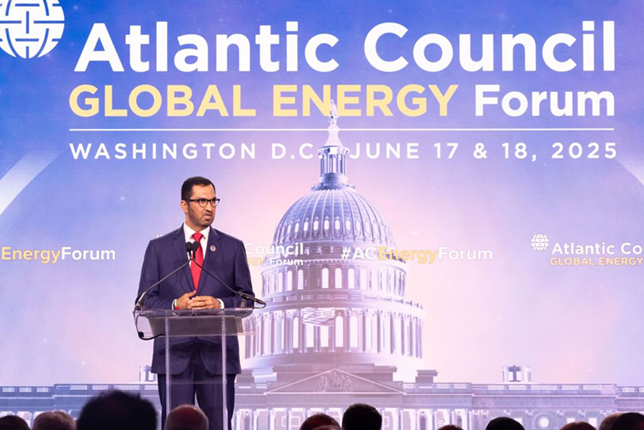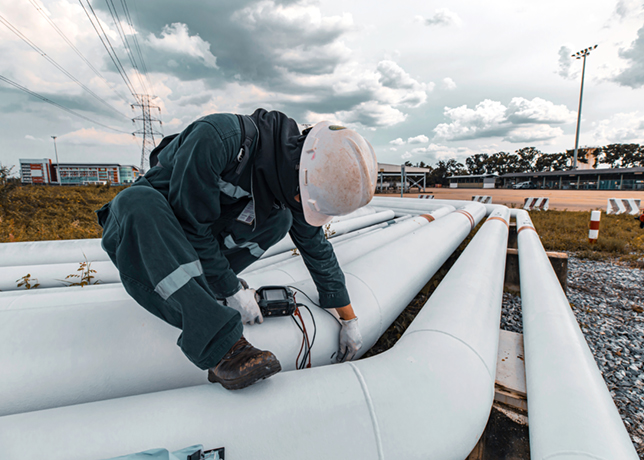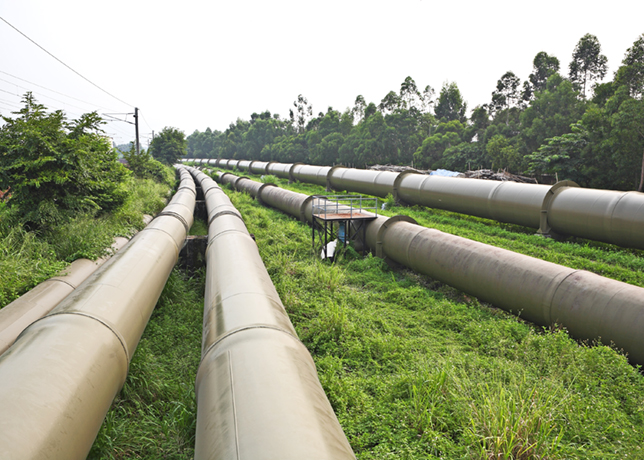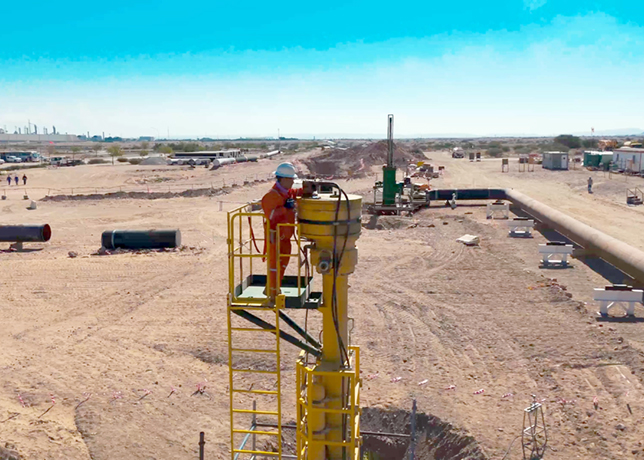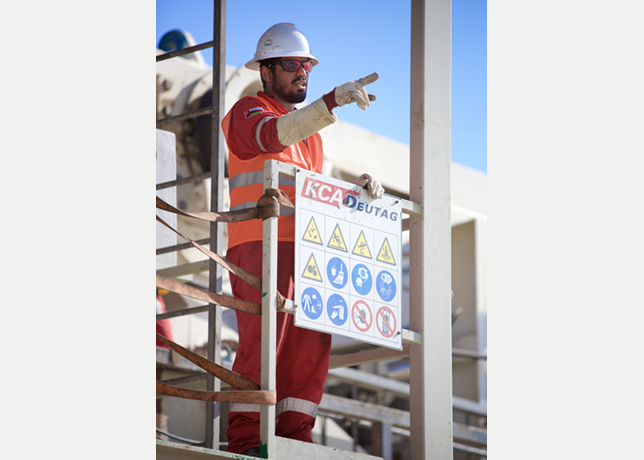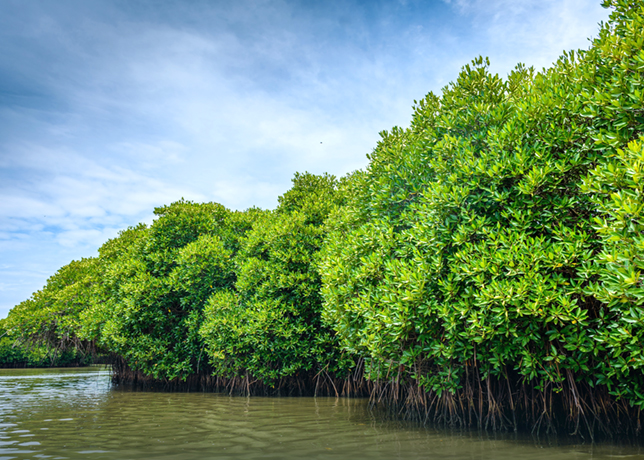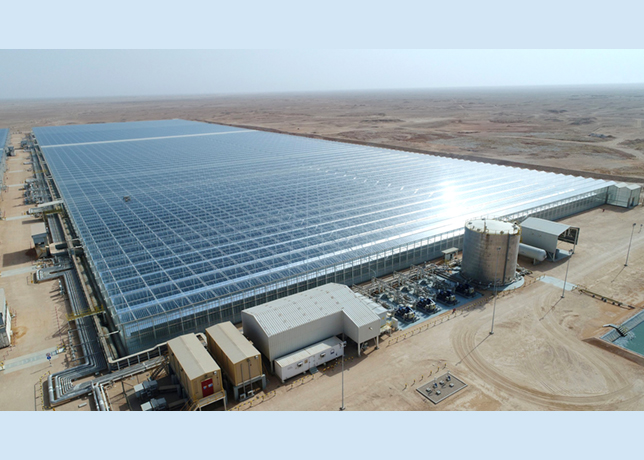
 A section of the steel gas pipeline in Venezuela which is being coated with Cemprotec E942
A section of the steel gas pipeline in Venezuela which is being coated with Cemprotec E942
CEMPROTEC E942, a state-of-the-art, cementitious and epoxy-modified, anticorrosion coating manufactured by Flexcrete Ltd of the UK is currently being used to protect almost 25km of steel gas pipeline running through Venezuela.
The product was specified by Venezuelan state oil firm PDVSA.
PDVSA selected Cemprotec E942 for application to the 28" diameter pipeline - totalling a surface area of more than 48,000 sq m - following technical assessments on a number of coatings by Intevep SA, the PDVSA-owned research and testing authority, to determine if they could withstand the most demanding exposure conditions.
Cemprotec E942 was approved, having successfully completed the rigorous tests for the evaluation of performance characteristics such as adhesion to steel, cathodic disbondment and resistance to chloride ions.
The pipeline, crossing under roads and riverbeds, is often flooded during Venezuela's rainy season. It carries 300 million cu ft of gas per day at a pressure of 1,200 psi and at the end of its journey the gas is used in gas-lift operations in the oilfields to optimise the flow from the wells.
The pipeline was originally coated with fusion bonded epoxy (FBE), but this had degraded to varying degrees on exposure to UV light. In some areas the coating was still soundly adhered, while in other areas it had totally degraded, leaving the steel unprotected.
The specification criteria demanded that the chosen coating was self-priming, able to adhere to both any remaining FBE and bare steel and be capable of tolerating severe mechanical abuse, as once the pipeline is fully coated it will be buried to enhance the environment and minimise the risk of damage. In addition, the coating had to be compatible with cathodic protection systems and be capable of resisting disbondment under the applied voltage protection to both ASTM norms and to the more onerous PDVSA-modified ASTM high temperature norms.
In terms of application, it was important that the coating was both easy and quick to apply in the field and able to tolerate very hot, humid conditions without deterioration. The client also specified that the coating had to be environmentally-friendly and exhibit a low toxicity risk.
The tests carried out determined that Cemprotec E942 complied, and indeed surpassed, the coatings specifications of PDVSA. In fact, cathodic disbondment tests were initially carried out at room temperature and at high temperature (65 deg C) respectively. In view of the excellent performance of Cemprotec E942 under these conditions, the material was subsequently successfully evaluated at a more onerous temperature of 95 deg C. With regard to the impact resistance test, which evaluates the ability of a coating to resist any mechanical impact damage during installation and service of the structure, the results were considered excellent and superior to the impact resistance values presented by multi-layer systems. Following assessment tests of Cemprotec E942 over steel, Intevep SA also tested and approved the product over FBE at 95 deg C.
The properties of Cemprotec E942 which were of particular benefit in this project were its water-based, stand-alone formulation and its excellent bond to both steel and FBE. E942's high alkalinity immediately passivates steel surfaces and it is tolerant of minimal surface preparation; providing there are no loose oxides on the surface, E942 will bond to and passivate steel. IT has excellent mechanical properties, high compressive strength and abrasion resistance and provides an effective barrier to chloride ions. The ability of the product to withstand application in very high atmospheric temperatures and high humidity was also critical in this project.










